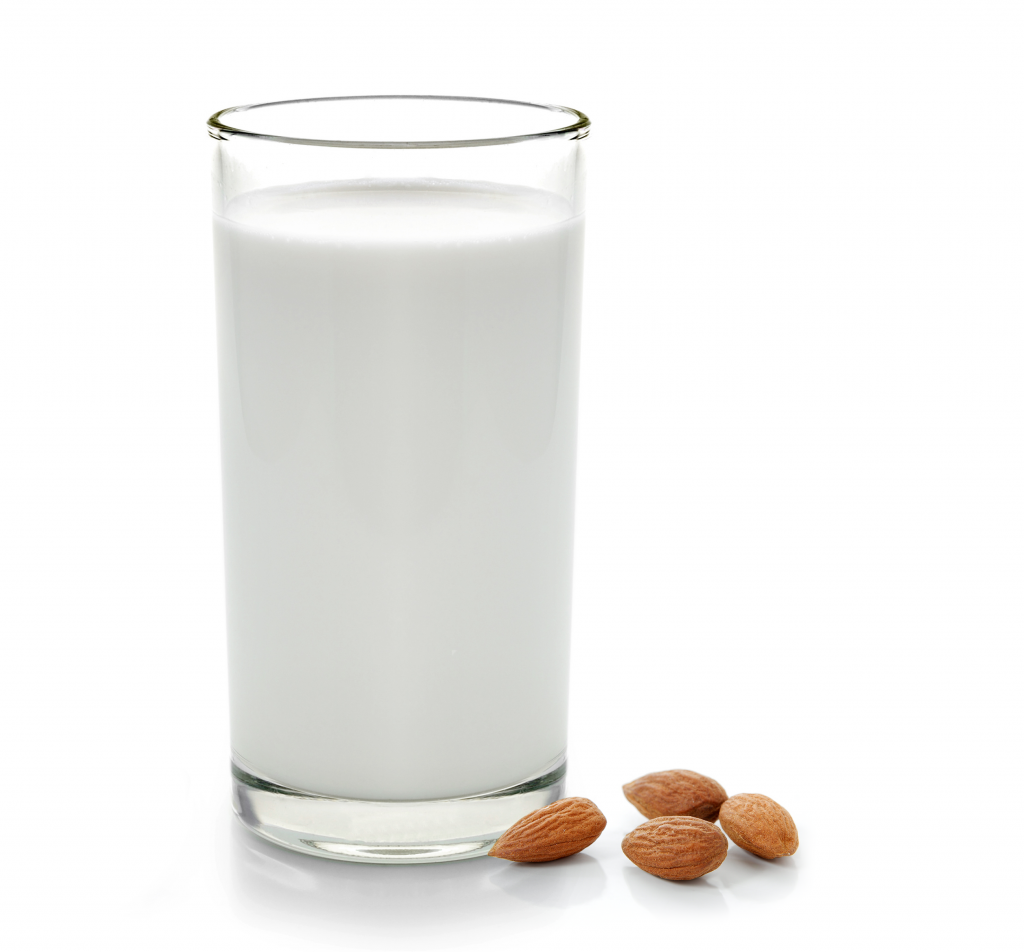“You might think that experience would inspire caution among public health officials,” writes John Tierney in The New York Times today, “but instead they seem to be gaining more confidence.” Considering New York Governor David Paterson’s recent declaration of “war” on fat, it seems Tierney is right. More and more politicians are tackling health policy with the kind of stubbornness you would expect from a Cold War diplomat. But as Tierney warns in today’s must-read article, food cop overconfidence is a recipe for disaster – particularly when it comes to the Big Apple’s new salt reduction scheme.
Perhaps unlike Gov. Paterson, Health Commissioner Thomas Frieden knows how to get New Yorkers on board with his sodium chloride crackdown: promise that their support will save thousands of lives. 150,000 to be exact. But as Tierney explains,
[T]hat prediction is based on an estimate based on extrapolations based on assumptions that have yet to be demonstrated despite a half-century of efforts. No one knows how people would react to less-salty food, much less what would happen to their health.
Dr. Frieden has justified the new policy by pointing to the “compelling evidence” for the link between salt and blood pressure. It’s true that lowering salt has been shown to lower blood pressure on average, but that doesn’t mean it has been demonstrated to improve your health…
[E]ven though lower blood pressure correlates with less heart disease, scientists haven’t demonstrated that eating less salt leads to better health and longer life. The results from observational studies have too often been inconclusive and contradictory. After reviewing the literature for the Cochrane Collaboration in 2003, researchers from Copenhagen University concluded that “there is little evidence for long-term benefit from reducing salt intake.”
Then again, so what if cutting our salt intake in half isn’t guaranteed to make anyone healthier? Better safe than sorry, right?
That kind of logic may suffice if you’re torn over whether it’s safe to drink that barely-expired milk in the fridge. But major recipe overhauls and other sweeping policy changes require a heck of a lot more prudence that what we’ve been seeing from NYC health officials. Tierney argues that Frieden’s cure may be worse than the so-called disease:
Dr. Frieden has predicted that people “won’t notice the difference” if salt is gradually reduced, but how can he be sure? What if they respond by eating more food, or a different mix of foods and stimulants? What if the food industry turns to salt substitutes that cause new health problems? “We have no way of knowing the health effects of eating less salt, yet we’re supposed to forge ahead with this new policy that affects the whole population,” said Michael Alderman, an expert in hypertension at the Albert Einstein College of Medicine.
No one wants to see health officials wobble over important decisions that will affect millions of lives. But Tierney is right to imply that they need to strike a balance. Americans don’t want to play guinea pig to diet-obsessed bureaucrats. And few of us appreciate such aggressive interference at our dinner tables.
Would someone please tell New York’s food zealots that they can put their tanks away?




